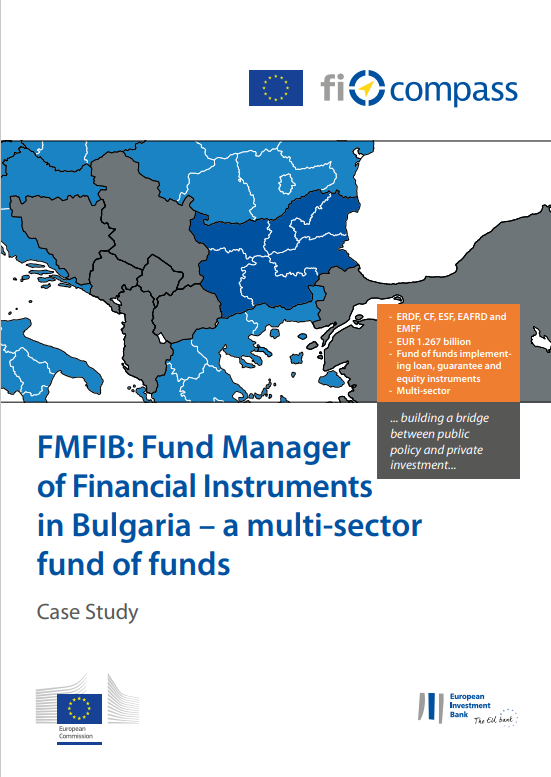A new case study on the Fund Manager of Financial Instruments in Bulgaria has been published alongside a series of videos featuring Nasekomo, a successful biotechnology company in Bulgaria producing edible protein from insects as well as the modernisation of the contemporary art centre and library and the NHK cultural centre in Burgas.
The Fund Manager of Financial Instruments in Bulgaria (FMFIB) is a Holding Fund that manages EU shared management resources through 13 different financial instruments on behalf of five Bulgarian managing authorities. A robust organisational structure has been set up which has allowed specialist expertise to be recruited and retained.
This has allowed standardised procedures to be developed, for example in connection with selection, monitoring and audit, securing economies of scale and ensuring experience gained with one financial instrument to benefit future operations. This case study highlights the steps taken to set up the Holding Fund and features the financial instruments set up under the ERDF ‘Innovation and Competitiveness’ and ‘Regions in Growth’ operational programmes.
This video case study showcases Nasekomo, a successful biotechnology company in Bulgaria producing edible protein from insects. Thanks to equity investments co-financed with ERDF resources, Nasekomo could scale up their production facilities and further develop their research and development programme.
This video illustrates how an ERDF powered long term loan financed the modernisation of the contemporary art centre and library in Burgas, Bulgaria. The renovation of an old German school allowed the neighbourhood to enjoy a modern space for education and cultural activities. The project also involved the digitalisation of publications and archives, as well as the creation of a virtual reality lab for children and young people to participate in creative educational activities.
